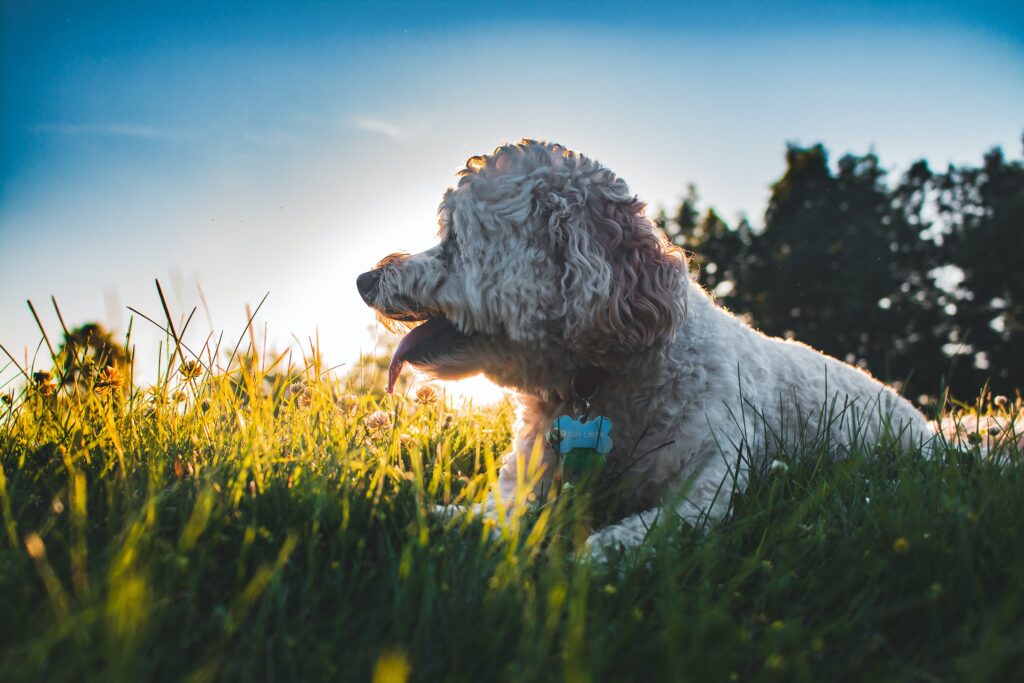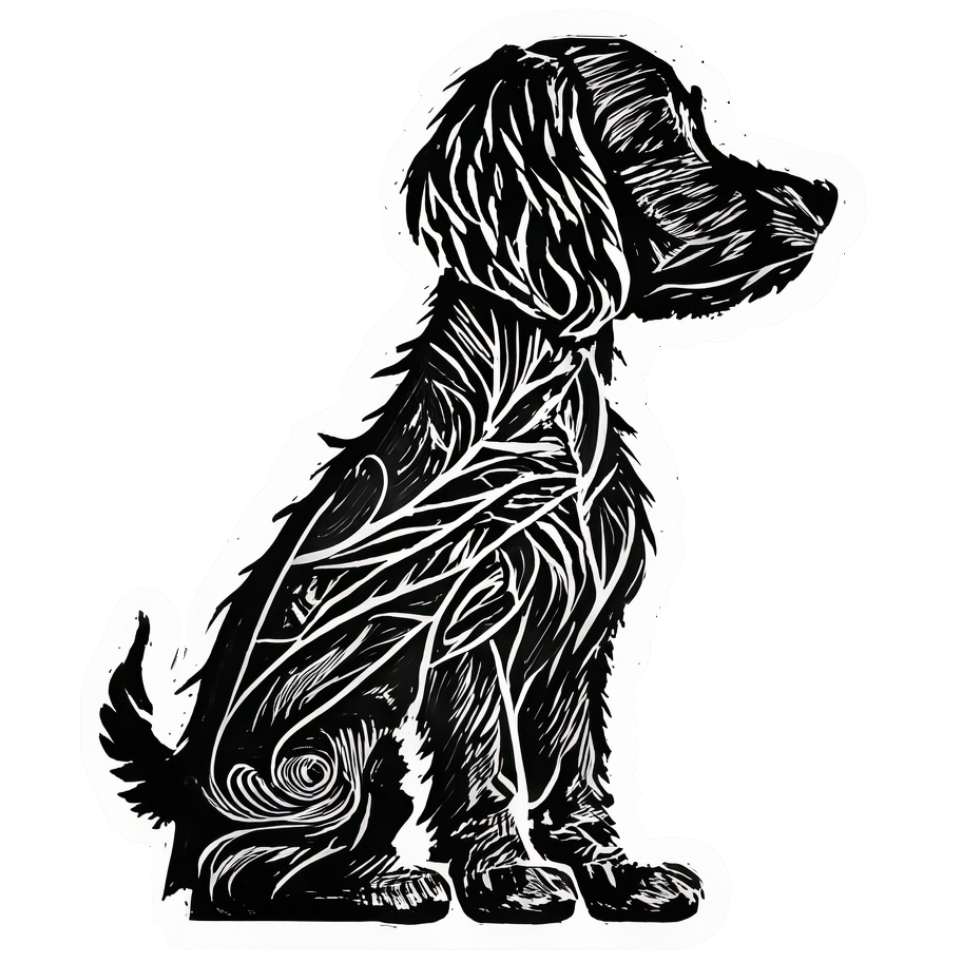Building the Foundation for a Well-Adjusted Dog

Socialization is a vital aspect of raising a well-adjusted, confident, and happy dog. It’s a process that begins in the early stages of a puppy’s life and lays the foundation for future behavior, relationships, and overall well-being. This article delves into the importance of socialization in puppies, offering insights, guidelines, and encouragement for a successful socialization journey.
1. What is Puppy Socialization?
- Definition: Socialization involves exposing puppies to various people, animals, environments, sounds, and experiences in a positive and controlled manner.
- Critical Period: The critical socialization window for puppies is between 3 to 14 weeks of age, though it continues throughout their lives.
2. Benefits of Proper Socialization
- Building Confidence: Socialization helps puppies become more confident and adaptable in different situations.
- Reducing Fear and Anxiety: Gradual exposure to new experiences reduces the likelihood of fear-based reactions.
- Enhancing Communication: Socialized puppies are often better at reading and responding to both canine and human cues.
- Preventing Behavioral Issues: Early socialization can prevent or mitigate issues like aggression, reactivity, or excessive barking.
3. Key Components of Puppy Socialization
- People and Animals: Introducing puppies to various people, children, and other pets in a gentle and positive way.
- Environments and Surfaces: Exposing puppies to different indoor and outdoor environments, textures, and surfaces.
- Sounds and Experiences: Familiarizing puppies with common sounds (e.g., traffic, vacuum cleaner) and experiences (e.g., car rides, vet visits).
4. Socialization Classes and Puppy Playdates
- Puppy Classes: Many trainers offer puppy socialization classes that provide a safe and structured environment for learning and play.
- Puppy Playdates: Organizing playdates with other vaccinated and well-behaved puppies can be a fun and beneficial socialization opportunity.
5. Tips for Successful Socialization
- Positive Reinforcement: Rewarding puppies with treats, praise, or play for calm and positive behavior.
- Avoiding Overwhelm: Gradually introducing new experiences and watching for signs of stress or fear.
- Consistency and Patience: Regular socialization experiences and patience in allowing puppies to explore at their own pace.
- Veterinary Guidance: Ensuring that puppies are up-to-date on vaccinations and health checks before social interactions.
6. Potential Challenges and Solutions
- Missed Socialization Window: Older puppies or rescue dogs may need specialized socialization approaches, often benefiting from professional guidance.
- Fearful or Reactive Puppies: Working closely with a professional dog trainer or behaviorist to address specific fears or reactivity.
Socialization is more than a phase in a puppy’s life; it’s a foundational process that shapes the character, behavior, and happiness of a dog. By embracing the principles and practices of proper socialization, puppy owners invest in a lifetime of joy, companionship, and understanding with their furry friends. The journey of socialization is filled with discovery, bonding, and growth, reflecting the profound connection and responsibility we share with our canine companions.
